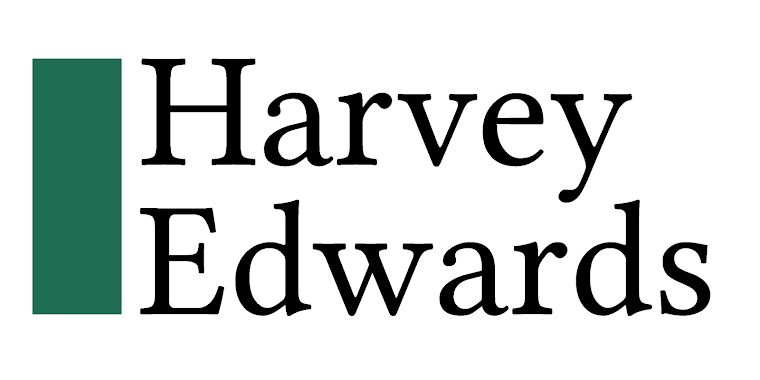In continuation from Part 2 of this article we will now explore
the specific areas of concern that may be of importance to the Self-Employed.
You will remember in Part 2 we closed with the following paragraph:
“HMRC is currently consulting on a “cash basis” for
those running low income businesses, but the UC regulations, administered by
the DWP, have created a standalone system separate from that which HMRC is
currently consulting on. This creates additional concerns for us as accountants
which we will explore in Part 3, the final instalment of this article on
Universal Credit”.
Concern 1: Mixed Use
The draft regulations only allow the deduction of expenses which
have been incurred “wholly and exclusively” for business purposes. This may at
first seem to be similar to current tax legislation but on closer inspection we
will realise that the tax legislation [ITTOIA 2005, s34 (2)] allows for the
deduction of business expenses in instances where it only forms part of the
whole expenses. The draft regulation is silent in this regard.
The next issue, concerns the use of the home for business
purposes. The Universal Credit regulations in proposing a flat rate for
particular deductions as business expenses seem to have excluded the general
business administration and storage at home.
Finally, it should be noted that “cash accounting” will be
optional for tax purposes but appears to be mandatory for Universal Credit
(UC).
Concern 2: Unreasonable Expenses
Under the UC regulation, it will not be possible to get a
deduction for expenses which are considered to be unreasonable. There is no
definition of unreasonable in the draft regulations and past tax cases tended
to define unreasonable expenses as those that have an element of personal
choice.
At this stage we are not sure how this issue will be dealt
with but it is quite strange that a public servant at the DWP may have the
power to dictate to business owners the reasonableness of their business
expenses.
Concern 3: Carry Forward
Of the three, this in our opinion is the most serious issue.
Cash accounting for tax purposes is based on accounts over the period of a year
and allows the carry forward of negative balances to be set of against future
positive balances.
In stark contrast the draft UC regulation looks at accounts
on a month by month basis and further proposes that negative balances should be
treated as zero and therefore disallowing the option for a carry forward to
future periods. The problem with this approach
is illustrated in the example below.
Therefore under UC, expenses which are incurred for a whole
year will be treated as being wholly applicable to the month in which they
arise.
James and Wendy were both seasonal retailers of children
summer clothing and worked on their separate business ventures during the
months of June, July & August. They were both self-employed and each sold
£5000 of stock during each month at a gross profit margin of 50%.
Assume for the purposes of this illustration that they have
no other expenses and James bought all his stock in June while Wendy bought
hers as she needed to in each month.
Calculating their income as required by the draft UC
Regulation gives the following results:
|
James
|
Wendy
|
June
|
|
|
Sales
|
5,000
|
5,000
|
Less Stock Purchased
|
7,500
|
2,500
|
Total
|
-2,500
|
-2,500
|
|
|
|
Reportable for UC
|
|
-2,500
|
|
|
|
July
|
|
|
Sales
|
5,000
|
5,000
|
Less Stock Purchased
|
-
|
2,500
|
Total
|
5,000
|
2,500
|
|
|
|
Reportable for UC
|
5,000
|
2,500
|
|
|
|
August
|
|
|
Sales
|
5,000
|
5,000
|
Less Stock Purchased
|
-
|
2,500
|
Total
|
5,000
|
2,500
|
|
|
|
Reportable for UC
|
5,000
|
2,500
|
|
|
|
Total Income Reportable for UC
|
10,0000
|
7,500
|
|
|
|
|
|
|
